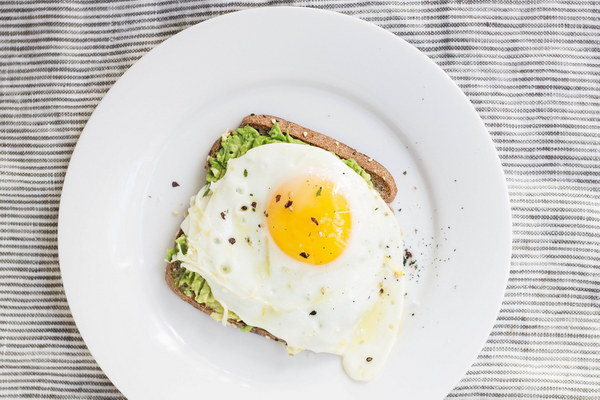Effective Strategies for Liver Protection and Care
The liver is a vital organ that plays a crucial role in maintaining our overall health. It is responsible for filtering toxins, producing bile, storing vitamins and minerals, and breaking down nutrients. Therefore, it is essential to take proper care of our liver to ensure its optimal function. Here are some effective strategies for liver protection and care.
1. Maintain a Healthy Diet
A balanced diet is essential for liver health. Incorporate the following foods into your daily meals:
a. Fruits and Vegetables: These are rich in antioxidants and fiber, which help in detoxifying the liver and reducing the risk of liver diseases.
b. Lean Proteins: Include lean proteins such as chicken, turkey, fish, and tofu in your diet. These help in repairing liver cells and maintaining their function.
c. Healthy Fats: Consume healthy fats such as olive oil, avocados, and nuts. These fats support the liver's bile production and help in fat digestion.
d. Whole Grains: Incorporate whole grains such as brown rice, quinoa, and oatmeal into your meals to provide energy and fiber.
2. Limit Alcohol Consumption
Excessive alcohol consumption can lead to liver damage and diseases such as fatty liver, hepatitis, and cirrhosis. It is recommended to limit your alcohol intake to one drink per day for women and two drinks per day for men.
3. Stay Hydrated
Drinking plenty of water helps in flushing out toxins from the liver and maintaining its function. Aim to drink at least eight glasses of water per day.
4. Avoid Harmful Substances
Limit your exposure to harmful substances such as drugs, pesticides, and cleaning agents. These substances can cause liver damage and disrupt its normal function.
5. Exercise Regularly
Regular physical activity improves blood circulation, which helps in the delivery of nutrients to the liver and the removal of toxins. Aim for at least 30 minutes of moderate exercise, such as brisk walking, swimming, or cycling, most days of the week.
6. Manage Weight

Maintaining a healthy weight is crucial for liver health. Excess weight can lead to non-alcoholic fatty liver disease (NAFLD), a condition where fat accumulates in the liver. Aim for a healthy weight by combining diet and exercise.
7. Get Regular Check-ups
Regular health check-ups can help in early detection of liver diseases. Your doctor can advise you on screening tests, such as blood tests for liver function, based on your risk factors.
8. Manage Stress
Stress can lead to the release of harmful chemicals in the body, which can affect liver function. Find ways to manage stress, such as practicing mindfulness, meditation, or engaging in hobbies.
9. Avoid Over-the-Counter Medications
Some over-the-counter medications, such as acetaminophen (Tylenol), can damage the liver if taken in excessive amounts. Always follow the recommended dosage and consult your doctor if you have liver problems.
10. Consider Supplements
Certain supplements, such as milk thistle, alpha-lipoic acid, and selenium, may support liver health. However, it is essential to consult with a healthcare professional before taking any supplements, as some can interact with medications or worsen liver conditions.
In conclusion, taking care of your liver is essential for maintaining overall health. By adopting a healthy lifestyle, you can reduce your risk of liver diseases and ensure optimal liver function. Remember to consult with your healthcare provider for personalized advice and support.









